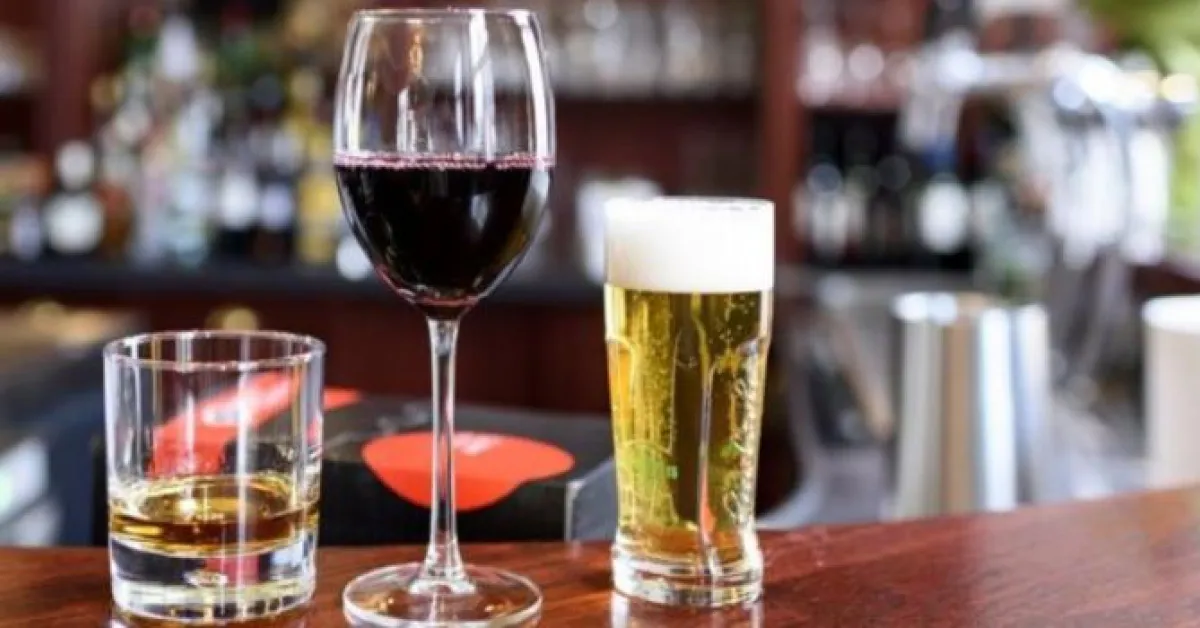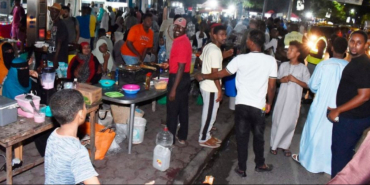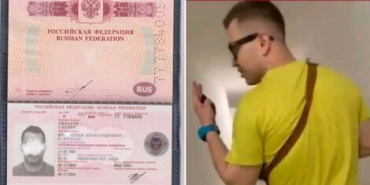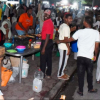UK Issues Alcohol Safety Alert for Travellers to Kenya

The UK government has issued a safety warning to British travellers visiting Kenya following reports of methanol poisoning linked to contaminated alcoholic drinks.
The advisory, released by the Foreign, Commonwealth & Development Office (FCDO), places Kenya among eight countries where visitors have faced risks from unsafe alcohol. It follows several incidents involving beverages laced with methanol, a toxic chemical sometimes substituted for ethanol by illegal producers.
Because methanol has a similar smell and initial intoxicating effect, it can be difficult to detect. Ingesting it can cause severe poisoning, leading to nausea, confusion, blindness, or death.
Concerns about adulterated alcohol have grown across regions where unregulated production is common. Kenya’s informal alcohol trade, particularly in low-income and rural areas, continues to challenge authorities such as the Kenya Bureau of Standards (KEBS), the National Authority for the Campaign Against Alcohol and Drug Abuse (NACADA), and the Public Health Department.
Limited resources and enforcement capacity have made it difficult to control the spread of illicit brews. Methanol’s widespread availability in industrial products such as paint thinners and antifreeze further increases the risk of misuse.
In response to the UK’s advisory, KEBS issued a statement on 22 October assuring the public that strict measures are in place to prevent methanol from entering the alcohol supply chain. The agency explained that all methanol intended for industrial use in Kenya must be denatured with denatonium benzoate, a substance with an extremely bitter taste that makes it unsuitable for consumption.
Only methanol used for laboratory purposes is exempt from this process. KEBS also highlighted several national standards that regulate the handling and testing of methanol. These include KS 2471:2013 for industrial applications, KS 2582-1:2014 for safety procedures, KS 2583:2014 for denatonium benzoate testing, and KS 2584:2018 for the safe management of hazardous materials.
Every shipment of methanol must be tested and certified before it can be sold, ensuring that approved industrial methanol cannot be mistaken for drinking alcohol. Despite these safeguards, counterfeit alcoholic drinks continue to circulate in the market.
KEBS said that recent poisoning incidents are linked to illegal products falsely labelled as safe, not to regulated methanol supplies. The agency has urged consumers to report any suspicious drinks, particularly those with unusual packaging or taste, to assist authorities in tracking and removing dangerous products.
The UK advisory may have broader consequences for Kenya’s tourism and hospitality sectors, which rely heavily on leisure and social activities. Alcoholic beverages often feature prominently in travel and dining experiences and concerns about safety could discourage visitors and affect spending.














Add new comment